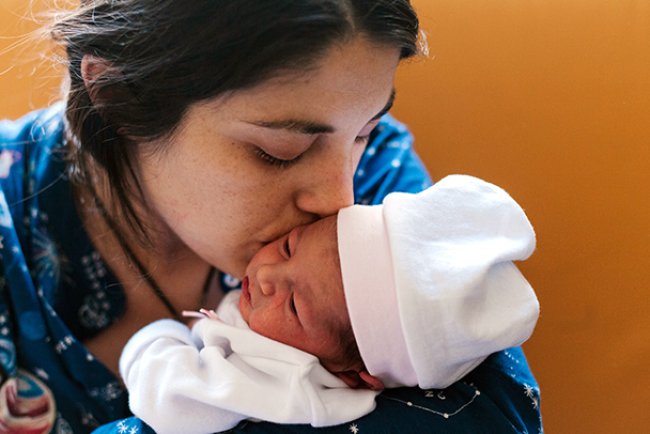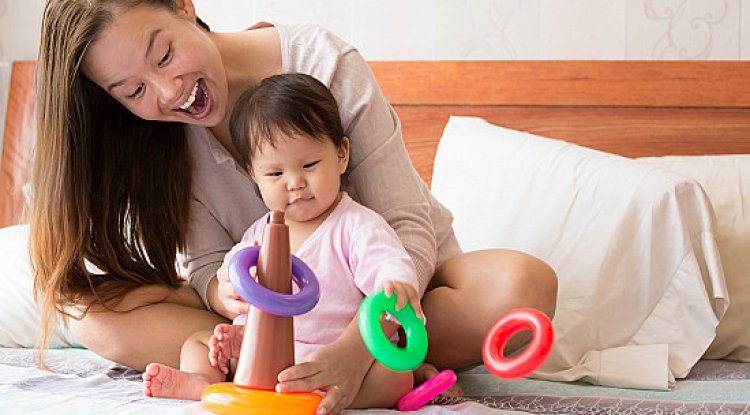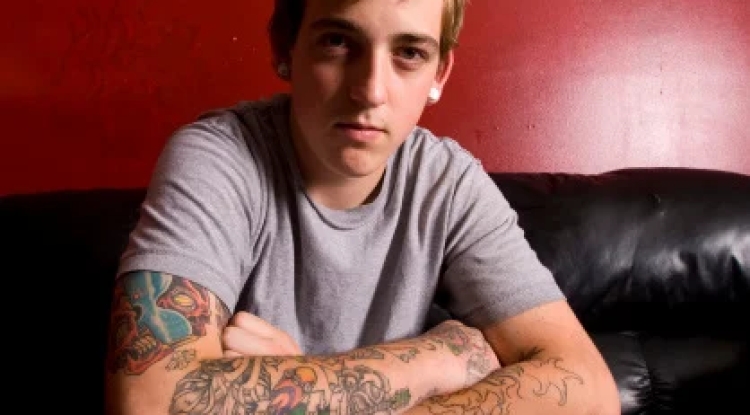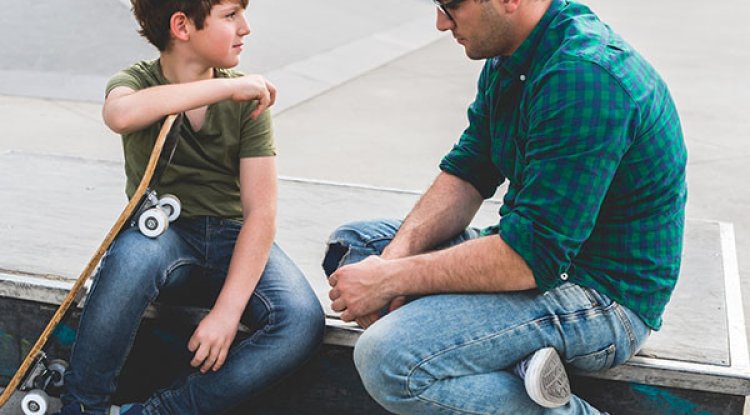Getting Through the Darkest Times of Newborn Life: The Quiet Reflux Storm
To refer to the unrelenting suffering of silent reflux as the "dark days" of motherhood may seem melodramatic even ridiculous to someone who has never experienced it. But you know if you have been there, if your infant has writhed and cried for no apparent reason, and you have watched helplessly, your muscles aching from the continual bouncing, your eyes raw with tears. "Dark" does not really describe it, you know.

This is not simply another story about colic or fussiness in newborns. This is the unvarnished, unadulterated reality of silent reflux, a terrible illness that stealthily eats up your days, ruins your nights, and leaves you feeling exhausted. This blog is a combination of lifeline and confession. It is a place where I may release the burden of that season and, hopefully, give someone else the reassurance that they are not alone in their struggles.
What Is Infant Silent Reflux?
The word "silent reflux" is a very sensitive way to describe something extremely upsetting. Silent reflux is characterized by stomach acid flowing up and down the esophagus without vomiting, in contrast to usual reflux, where milk obviously flows back up. This makes it more difficult to identify, yet it still hurts your kid and you just as much.
The pain is severe and frequently never goes away. Weak stomach valves, an immature digestive system, and (in certain situations) comorbid conditions like cleft palate are its main causes.
The infant yells in what appears to be excruciating pain, arching their back and yanking off the breast or bottle while yet being extremely hungry. Feeds turn into battlefields. Sleep is hard to come by. What about the intervals between feeds? Just more of the same, more pacing, more bouncing, more begging for help from the universe.
What No One Tells You About the Emotional Cost of Reflux
Not only does reflux deprive infants of tranquility, it also deprives parents of happiness. The weariness, the shame, the incessant wondering: Am I doing something incorrectly? Am I unsuited for this?
It felt like a smack to hear well-intentioned remarks like "My kid had colic too." This is not colic, I wanted to yell. My infant has been inconsolable for months at a time. This is me at ten in the morning, psychologically collapsing. This is not the same thing.
Often, all I wanted was a hug. Not a solution. Not guidance. Only recognition. Something to keep me steady during the storm.
Our Silent Reflux Story: Bubba and Bubbins
In retrospect, Bubba, our firstborn, had reflux, but it was the "light" kind. Although we were unaware of it at the time, it was manageable. We believed we were ready when we ventured to try for baby number two. We weren't.
Bubbins had the entire trifecta of reflux: cleft palate (check), family history (check), and male (check). Two weeks later, the shadow was back. For months, it lingered above our house without lifting.
A Reflux's Day in the Life There was only one semi-peaceful feeding in the morning. The day started to go south by 10 a.m. It was a scream-fest with every bottle. He would sob, swallow, choke, arch, and repeat. I swayed and bounced for hours hours, really. I was unable to put him down, not even to load the washing machine or stir a skillet.
It was impossible to go out. Infant groups? Ignore it. With my kid screaming and my arms hurting from holding him all the time, I did not have the stamina to engage in social pleasantries. I felt worn out, alone, and invisible.
The worst was in the evenings. As the day went on, the acid increased, and from 4 p.m. until far after 11 p.m., everything was in survival mode. I sobbed while holding him. He thrashed and screamed. I recall counting the number of hours till I could collapse while glancing at the clock.
What Was Beneficial and What Was Not
We made every effort. Medications? Each and every one. A massage for the baby? Useless. Osteopathy of the skull? A fleeting hope that is swiftly shattered. It felt like a drop in a boiling ocean, yet moving from extracted breast milk to thicker formulas made a small difference.
Wearing a baby was the only semi-salvation. I turned into a jumping, walking metronome. I experimented with every possible sling. I spent a year in physical therapy because I bounced so much, but I would do it again. My youngster was only at ease at that period.
Even so, there were days when I was unable to handle things. I shouted. I cried. On one occasion, I ran to the kitchen and drank a whole glass of wine, which I had not had in a year. Then I inhaled, went upstairs, and picked him up once more. The remorse remains. It never really departs, in my opinion.
Ripped and Rebuilt Relationships: Having reflux affects not only your patience but also your marriage, your sense of self, and your relationships with your other children. My poor husband would get home to find me unclean and undone, a toddler pleading for attention, and an upset baby.
In shifts, we managed to survive. No evenings spent on the couch, no dinners with each other. The storm is simply being tag-teamed. While rocking Bubbins, I began to use one earbud screaming in one ear, Netflix in the other. It was helpful, yet it seemed wrong. It kept me from breaking by diverting my attention just enough.
Healing Occurs Quietly
I can not recall the day it was over. There was no spectacular finale, no triumphant moment. Only a slight change. Bubbins did not yell after a bottle one day. I discovered that I had set him down without bouncing on another day. One evening, my spouse and I sat on the couchsat!—with a cup of tea. I realized then that the cloud had lifted.
We finally disposed of the syringes. It was a symbolic moment. A silent triumph following months of unseen conflict.
What's Your Reaction?




















